The Defeat of the Giant Omega
“Sports have given rise to all the qualities that are useful in war: carelessness, good humour, habituation to the unexpected, an exact notion of the effort to be made without expending useless energy”
Pierre de Coubertin
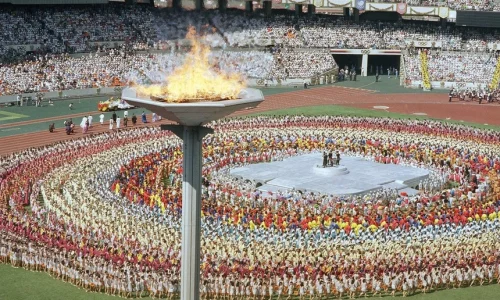

1988 Olympic Games, Seoul
The Seoul Olympic Games were the second to be held on the Asian continent after Tokyo in 1964. However, the Games were held in South Korea, which prompted the Democratic People’s Republic of Korea (North Korea) to impose a boycott, followed by several other countries, including Cuba.
These Games marked a new turning point in the measurement of time, this time with all timekeeping entirely computerised! A technical feat once again achieved by Swiss Timing, which marked a new turning point in Olympic timekeeping, pushing back the limits of time measurement to new standards. Unfortunately, the end of the 1980s was marked by doping and the incredible popularity of various performance-enhancing drugs. Sadly, this year’s event fell victim to this trend, with Canadian athlete Ben Johnson testing positive for steroids. He was the first athlete in the world to be disqualified for using drugs and doping products.
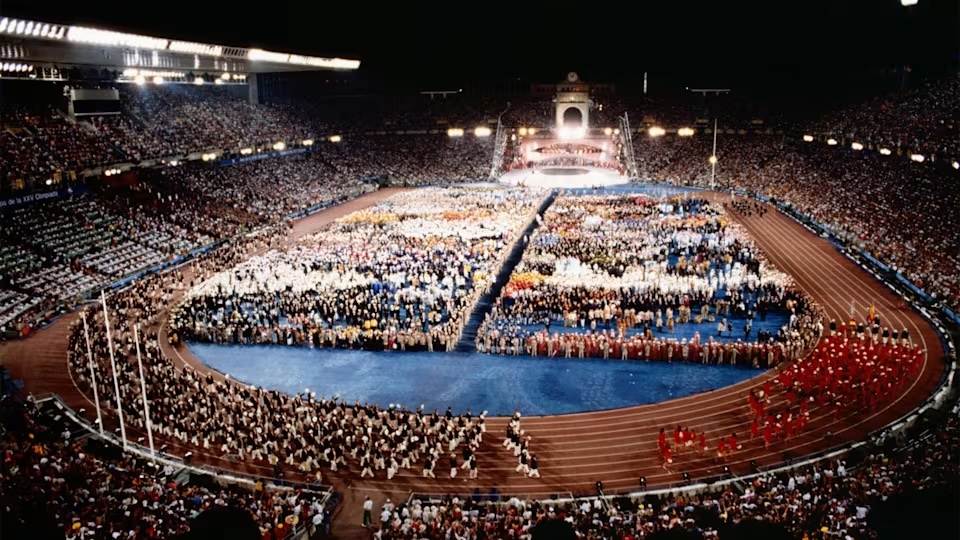
1992 Olympic Games, Barcelona
That year, Seiko was in charge of timekeeping for the Olympic Games. An iconic Japanese brand the world over, it is notorious for having democratised quartz and for being the instigator of the famous quartz crisis. This famous period in the watchmaking industry, when Swiss craftsmen found themselves in a difficult situation due to the massive arrival of Japanese quartz-calibre watches, which were more precise and less expensive. It was an earthquake that shook the entire Swiss watchmaking world. For the first time since the Second World War, an edition of the Olympic Games was not boycotted or banned, as Baron de Coubertin had wanted, who wanted to see the unity of peoples and nations through these Games.
1996 Olympic Games, Atlanta
The United States hosted the Summer Olympic Games for the fourth time, following St Louis in 1904 and Los Angeles in 1932 and 1984. This was the first time that the United States had hosted the Olympic Games after the Cold War. That year, Swatch was in charge of timekeeping for the Olympic Games. Founded in 1981 by Nicolas Hayek, the brand quickly gained in popularity with its colourful, accessible and innovative timepieces, thanks to their finesse and extensive use of plastic. Hayek went on to develop the Swatch Group, which is still one of the largest watchmaking groups today. Swatch will take advantage of the Olympics to offer a range of commemorative watches in the image of the Games. We will also see the first weightlifter in history to win three Olympic medals! Unfortunately, there was one tragedy at these Games: a bomb attack in an unsecured area killed two people and injured 110.
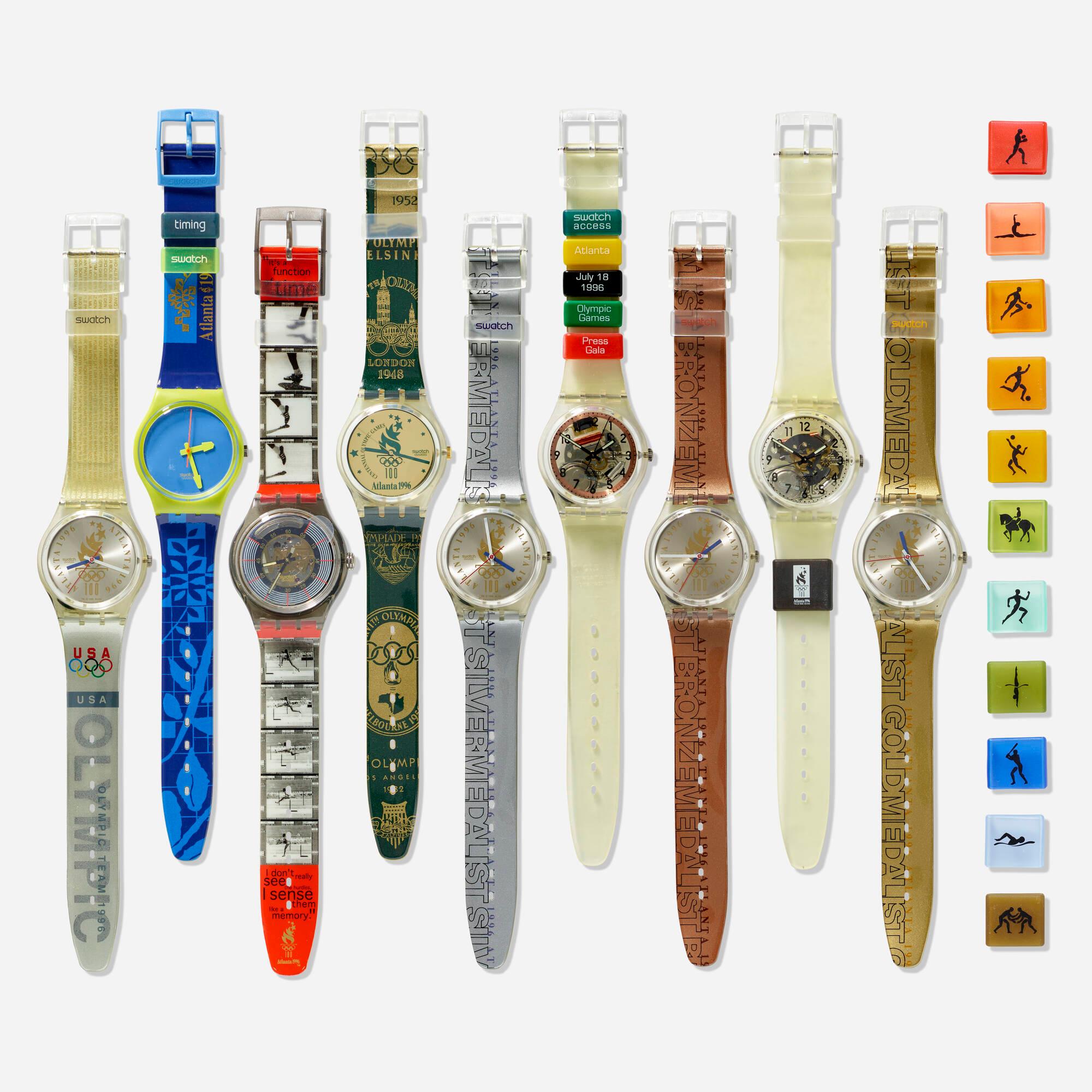
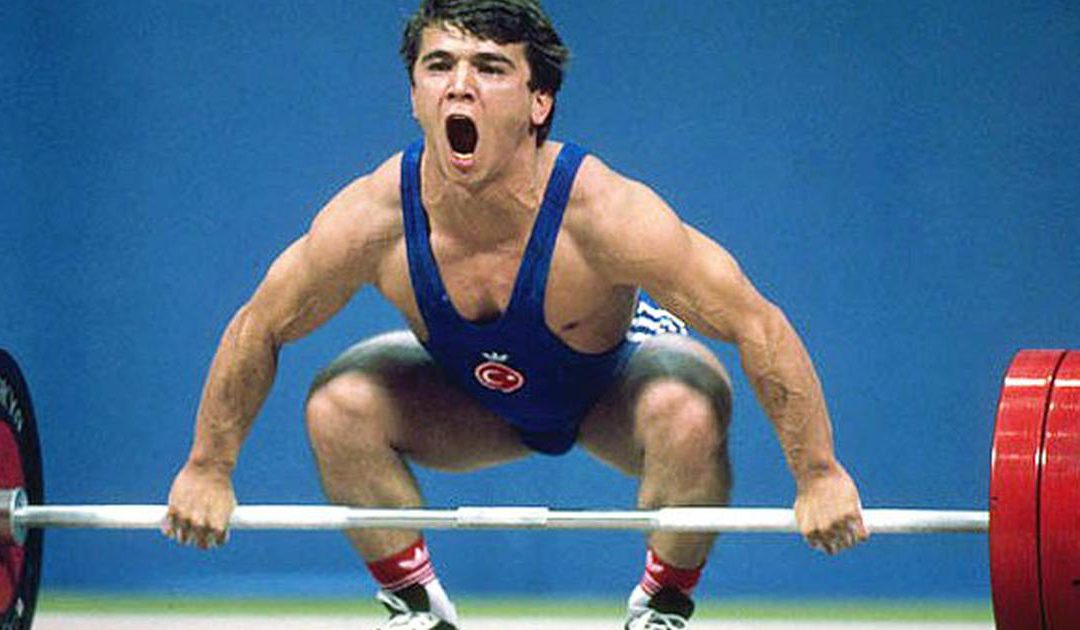

2000 Olympic Games, Sydney
With her five medals, American sprinter Marion Jones was considered the hero of the Games for a long time, before the doping scandal linked to the Balco laboratory broke. This laboratory is known for having democratised the use of doping products among American athletes. After admitting taking banned substances at the end of 2007, she was forced to return her Sydney medals to the IOC.
In the sprint, Maurice Greene became the fastest man in the world over 100m in 9s 87, while Konstadínos Kedéris won the 200m, Greece’s first title since 1896. On the lap, Michael Johnson retained his Atlanta title, while Cathy Freeman succeeded in winning on home soil. The Australian of Aboriginal origin became the first athlete to light the Olympic flame to win a gold medal at the same games.
On the strength of her great popularity, Swatch was again responsible for the timekeeping at these Olympic Games.
2004 Athens Olympic Games
The Athens Olympic Games left behind some “ghost sites”, such as the beach volleyball stadium, a typical example of the “Olympic waste” that is becoming increasingly important in the current ecological context. Indeed, in the absence of any thought on the part of the Greek authorities about the reconversion of sports venues, this stadium, presented at the time as futuristic with its steel curves, was left to rot. Too costly to maintain, there are no plans to upgrade the site. For the third time in succession, Swatch has retained its role as Olympic timekeeper. The brand has grown and is now a group containing several iconic brands in the Swiss watch industry.
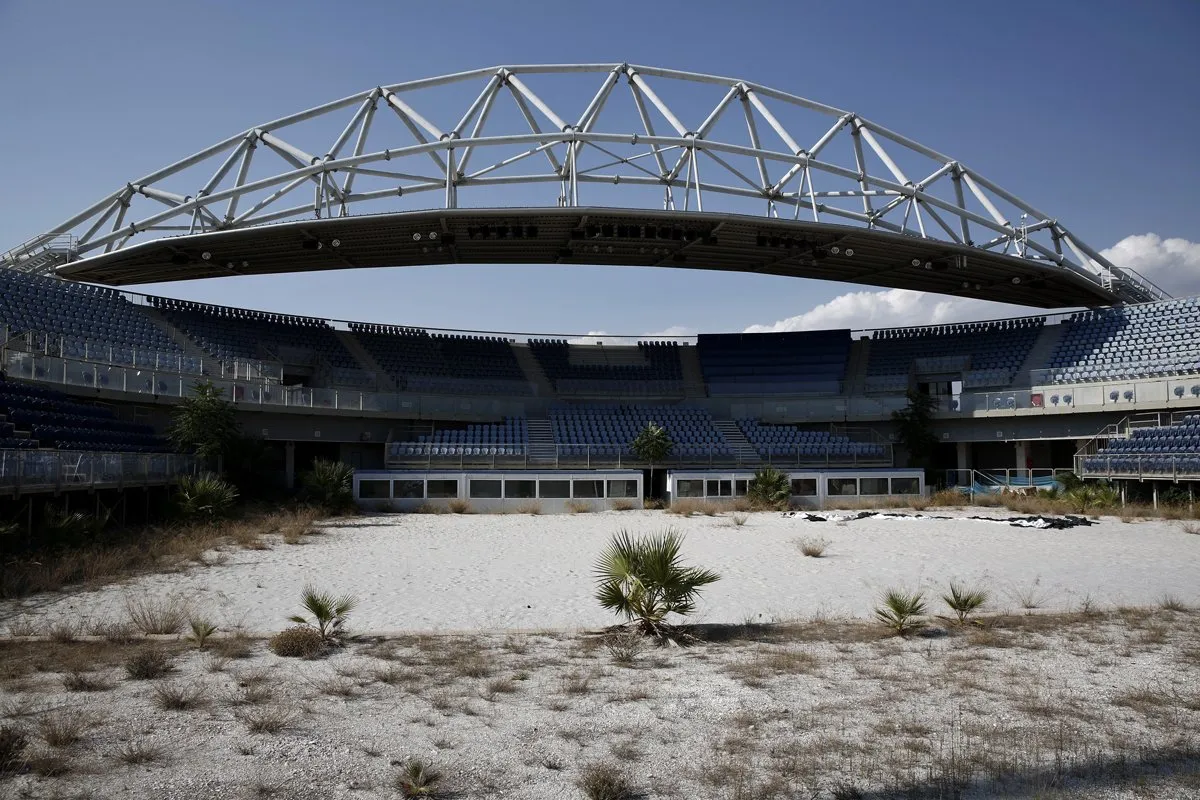
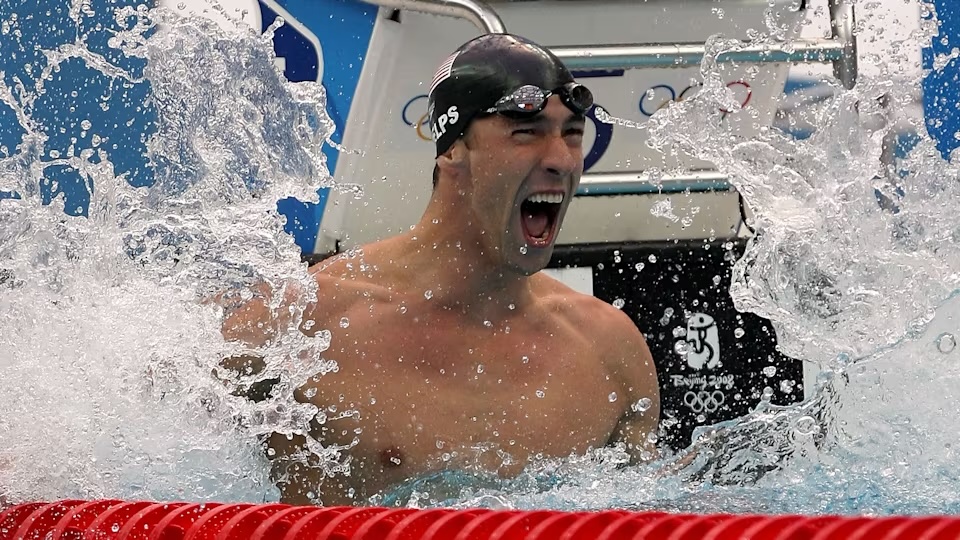

2008 Olympic Games, Beijing
Omega is back in its role as Olympic timekeeper since the Turin Games in 2006.
Unfortunately, we will see another ecological disaster unfold during the gestation of this edition, namely the construction sites for the Beijing Games, which created a stir when faced with the deliberate destruction of the hutong, China’s age-old neighbourhoods. The contrast with the desire to modernise the capital was too great. This site is unfortunately another example of the “Olympic mess”, with exorbitant costs amounting to 300 billion Yuan (around 30 billion euros). All this was put in place by the regime in order to show its soft power to the world and smooth out the image of the Chinese communist regime. The legendary athletes Michael Felps and Usain Bolt will be the real stars of this edition, with records in swimming and in the 100m and 200m.








